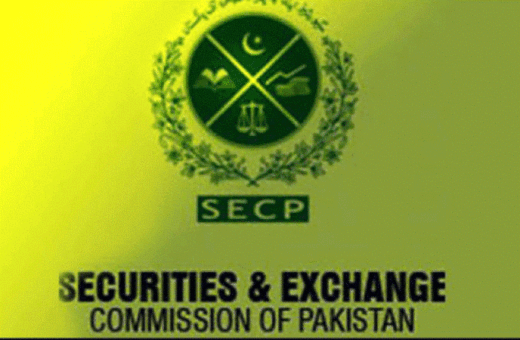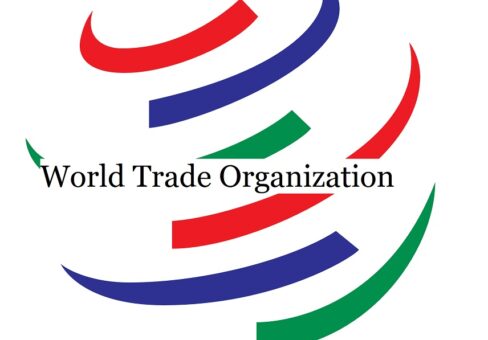ISLAMABAD: The National Security Committee (NSC) on Friday took major decisions including closing borders and educational institutions to curb the spread of coronavirus.
The NSC also decided to evaluate the situation on day to day basis.
It was the first time that an NSC meeting was called on an emerging public health threat; with Federal Ministers on Foreign Affairs, Religious Affairs, Aviation, and Education, Advisor for Finance, Special Assistants to Prime Minister on Health, National Security, and Information, all Chief Ministers along with Chief Secretaries, and Provincial Health Ministers attending the meeting. Chairman Joint Chiefs of Staff, COAS, CAS, CNS, Surgeon General Pakistan Army & other senior military officials also attended the meeting.
The wide-ranging decisions taken by the NSC included closure of educational institutions for three weeks, ban on public gatherings, and complete shutdown of the Western border with Iran and Afghanistan for two weeks along with all airports except Islamabad, Lahore and Karachi for international travel.
However, seaports would remain operational with increased screening arrangements and surveillance so that the trade activities could not be affected.
The NSC, chaired by Prime Minister Imran Khan, had a thorough discussion on evolving situation in the wake of new coronavirus cases in the country, taking the tally of confirmed ones to 28 and resolved to ensure public safety and well-being, Special Assistant to the Prime Minister on Health Dr Zafar Mirza told the media.
Flanked by Special Advisors to Prime Minister Dr Firdous Ashiq Awan and Moaeed Yousaf, Dr Zafar Mirza quoted the prime minister as saying, “The safety of people is our top most priority.”
He said the National Coordination Committee would comprise federal ministers concerned, chief ministers, NDMA Chairman, Surgeon General of Pakistan, representatives of Inter-Services Intelligence, Inter Services Public Relations and Directorate of Military Operations, while he would be its convener.
The committee would be authorized to include any other stakeholder, if needed, the SAPM said, adding it would hold its maiden meeting on Saturday at 4: 30 pm.
Dr Zafar said the evolving situation demanded to form such a high-level body so that the pandemic could be curbed through coordinated efforts after taking unanimous decisions at the national level.
The National Disaster Management Authority (NDMA) would be the lead operational agency with the required funds at its disposal, he added.
Earlier, the meeting took stock of the measures put in place in the wake of the COVID-19 pandemic.
SAPM on Health apprised the forum about the latest situation, preventive measures and detailed roadmap for dealing with the pandemic.
He also spotlighted response and mitigation efforts undertaken to prevent the spread of COVID-19 in Pakistan that have ensured the country’s success in keeping the number of Coronavirus cases to a minimum; despite neighboring China and Iran, two of the most affected countries.
Chairing the meeting, the Prime Minister called upon the entire nation to unite in playing a positive role in preventing the spread of COVID-19. “There is no need to panic. We are addressing this challenge as one nation by protecting ourselves through precautionary measures,” he said.
The Prime Minister directed all concerned officials to coordinate a comprehensive and unified national response to safeguard the health of the people of Pakistan. All necessary steps have been and will be taken to protect the people from Coronavirus, he said.
The Prime Minister urged people to follow basic hygiene and precautionary measures and place their trust in the Government as the health, safety and well-being of the people is his foremost priority.
In light of the discussion and deliberations of the NSC, the following decisions were taken, to be implemented with immediate effect and to be reviewed at the end of the identified time period for each item:
1. A National Coordination Committee for COVID-19, to be convened by SAPM on Health, has been established to monitor the situation and make necessary decisions on a daily basis. The Committee will have representation of all provinces and relevant civilian and military stakeholders.
2. NDMA will be the lead operational agency and will coordinate its efforts with the provincial and district authorities for necessary implementation of the preventive and curative actions.
3. All educational/technical institutions, public and private, at all levels will remain closed for three weeks across the country.
4. The entire Western border will be closed for two weeks for all human and commercial traffic. Sost border will continue to remain closed for two further weeks.
5. The Kartarpur Corridor will be closed for Pakistanis. Indian pilgrims will be allowed to continue visiting.
6. Outgoing and incoming international flights will only be allowed at the Karachi, Lahore, and Islamabad airports. Screening and administrative measures at these airports will be reinforced immediately.
7. Reinforcement of screening and administrative measures at all sea ports will also be ensured.
8. All public gatherings will be banned with immediate effect. Wedding halls and cinemas will be closed for two weeks. Large conferences will also be barred for the same period. Remaining PSL matches may be conducted without any crowd.
9. Minister for Religious Affairs and Inter-Faith Harmony and Chairman, Council of Islamic Ideology will reach out to Ulema and all relevant stakeholders to work out the modalities for management of congregational religious services in light of the Corona Virus.
10. Honorable Chief Justice of the Supreme Court and Honorable Chief Justices of the provincial High Courts will be requested to:
(i) instruct all courts not to schedule cases of civil nature for three weeks.
(ii) Judicial Magistrates and Session Court Judges to visit the concerned jails for three weeks to process remand and bail cases.
11. No visitors will be allowed to visit prisoners in jails for three weeks.







